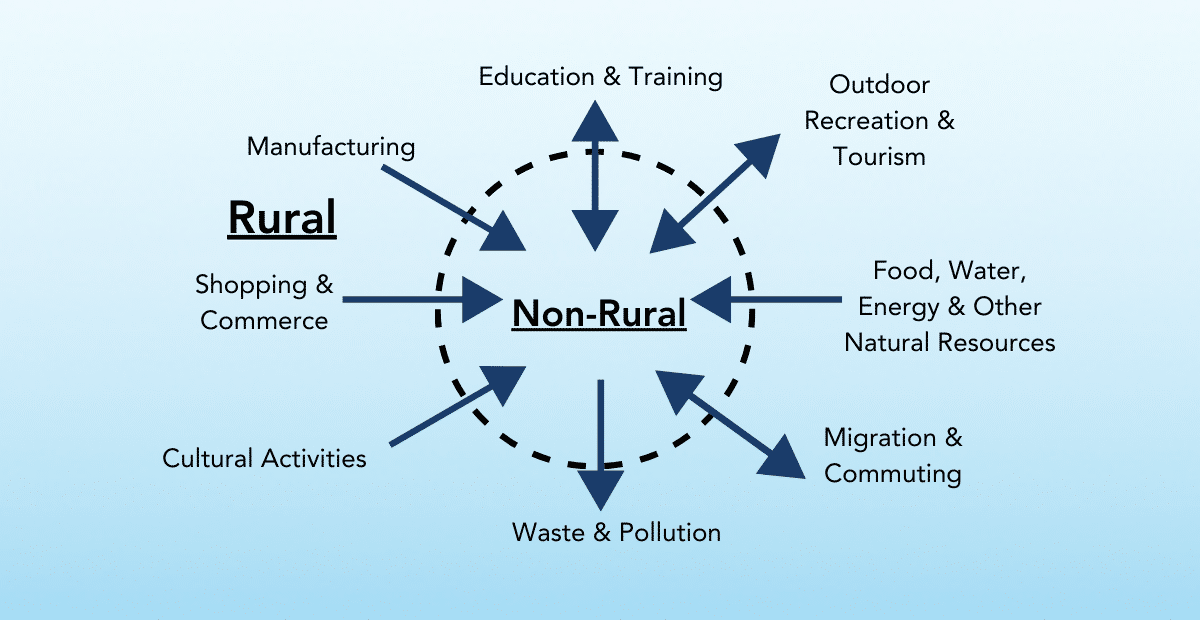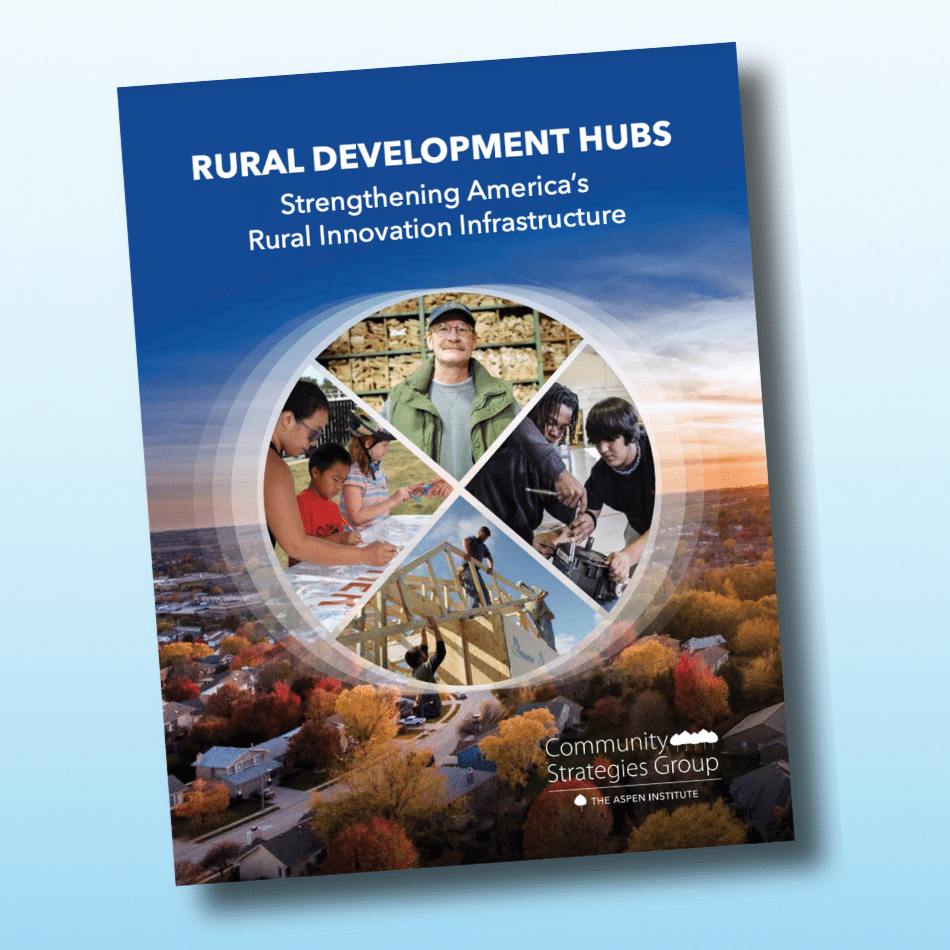On April 8, 2022, around 90 community and economic development practitioners and community members gathered at a Thrive Rural Open Field session to share tips, techniques, and resources to help build rural and Native nations’ capacity. During the event, participants shared tips useful for local, regional, and national funders. Click here to read more about the event and lessons learned.
- Intentionally grow the capacity of your grantees by supporting operational funding and staff positions rather than projects.
- Don’t just provide grant funding to implement an effort; start with planning grants, then fund a multi-year implementation based on those plans.
- Build capacity and project completion through phased funding offered to specifically rural groups. Develop a relationship over time by walking them through the grant writing process and providing opportunities for review and re-writes that help the organization develop experience and capacity to apply for funding.
- For areas without dedicated rural-serving organizations, fund a “rural champions effort” by recruiting and equipping local leaders or volunteers who can increase the capacity of a community.
- Provide funding for a grant writing corps of trained staff who can walk with multiple rural organizations as they apply for larger, more competitive state and federal grants.
- Offer microgrant funding and small startup funds. Small grants can be hyper-local and should be very easy to apply for.
- Micro-grant programs are popular and effective. However, this often necessitates an organization to play the role of fiscal administrator or agent. Non-traditional or informal rural community builders are not always ready or able to take this role; consider stepping up and offering to be a fiscal agent for rural capacity building efforts.
- Websites are key for small businesses in COVID times. Micro-grant funding can help local businesses advance their digital presence and sales by helping develop simple but effective websites.
- Offer grants with streamlined applications targeting small business and entrepreneurship support and development.
- Use measures of success determined by the grantee’s program rather than predesignated ones like job numbers.
- Collaborate with organizations that send in funding requests. Consider having an open application for funds rather than a grant cycle. Look to fund organizations as problems and solutions arise.
- Support a funders interest group to bring together a philanthropic community of practice around a particularly important rural issue. One participant shared that foundations in Colorado have formed a broadband funders interest group to build capacity in this area.
- Provide funding for a peer-to-peer learning engagement or series of engagements so that rural organizations and leaders can learn best practices from one another while growing new relationships that emphasize successful regional approaches.
- Pilot new techniques for inclusive civic engagement to broaden the range and diversity of rural organizations receiving funding.
Hosted by Aspen CSG, Thrive Rural Open Field sessions are conversational gatherings where rural and tribal community and economic development professionals can meet and share stories and resources. Sign up for our newsletter to get information on our next Open Field session on June 10, focusing on rural environmental justice. Register here.







